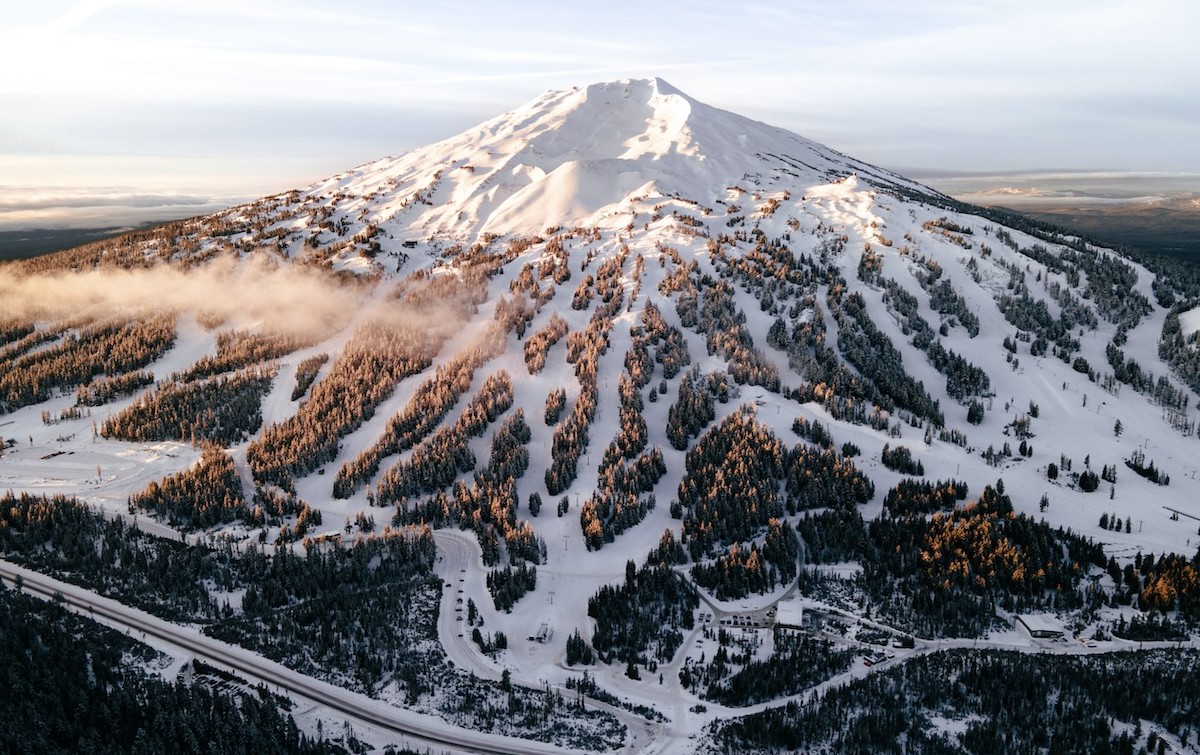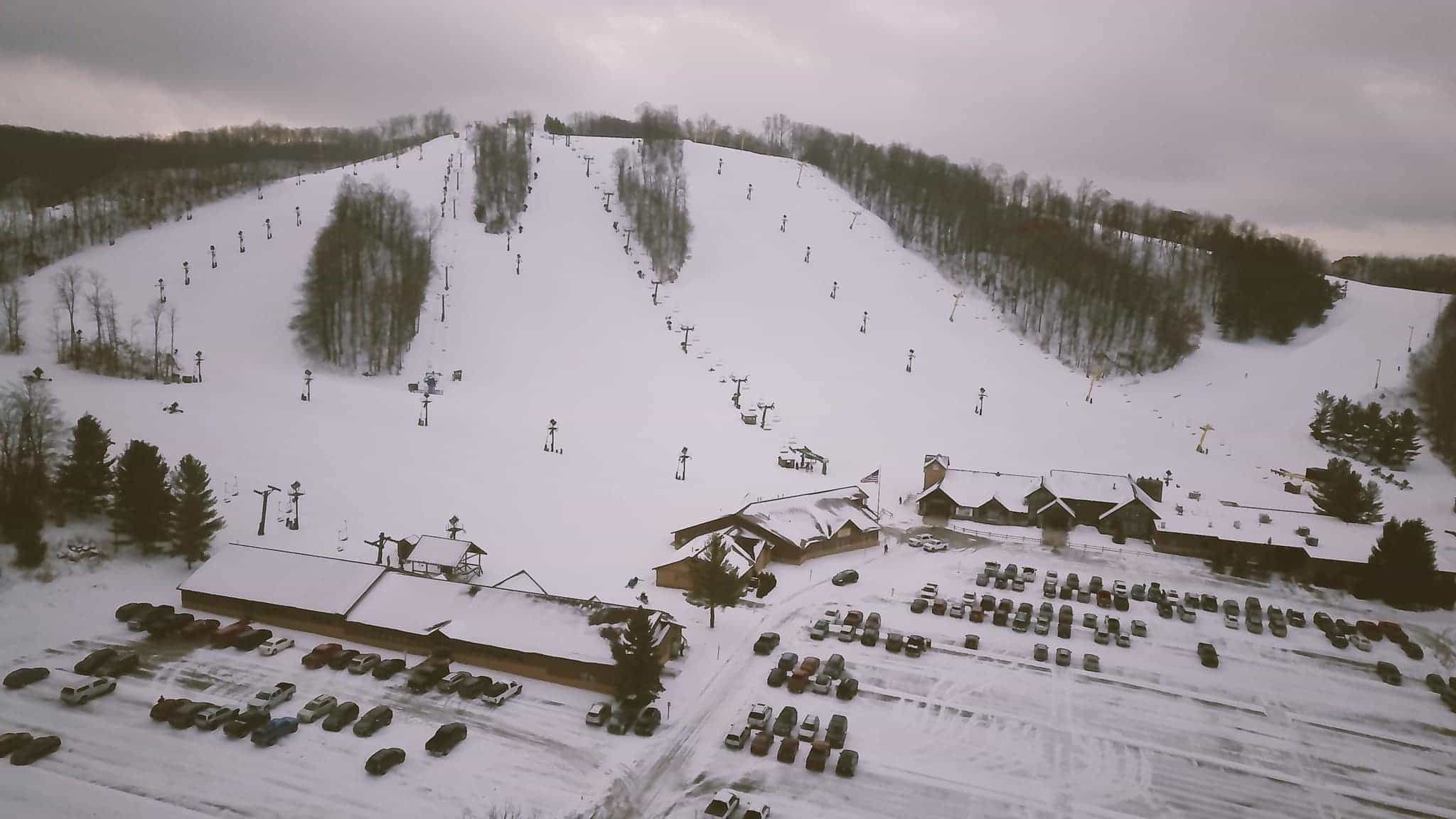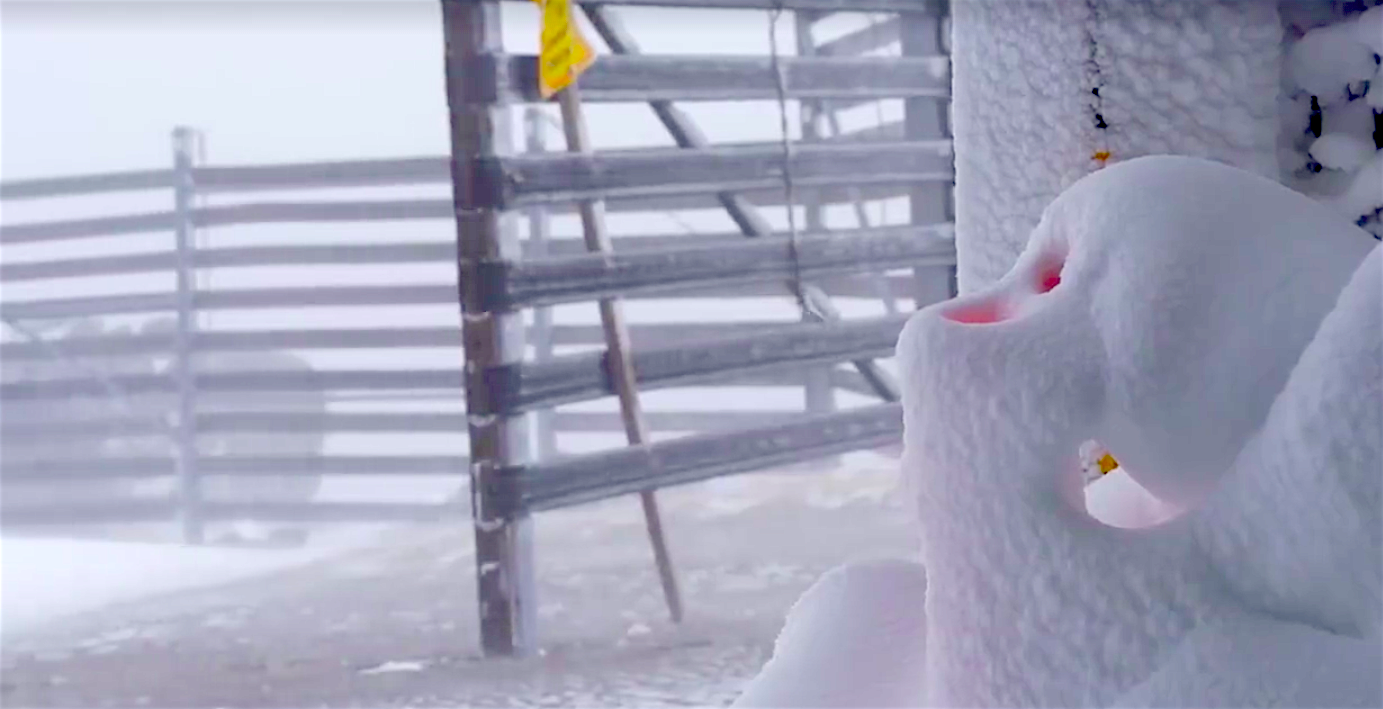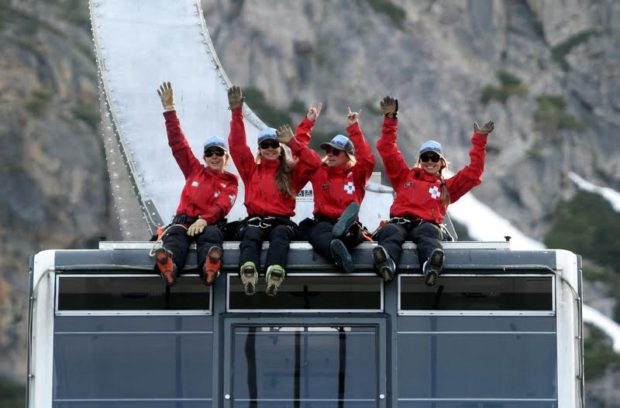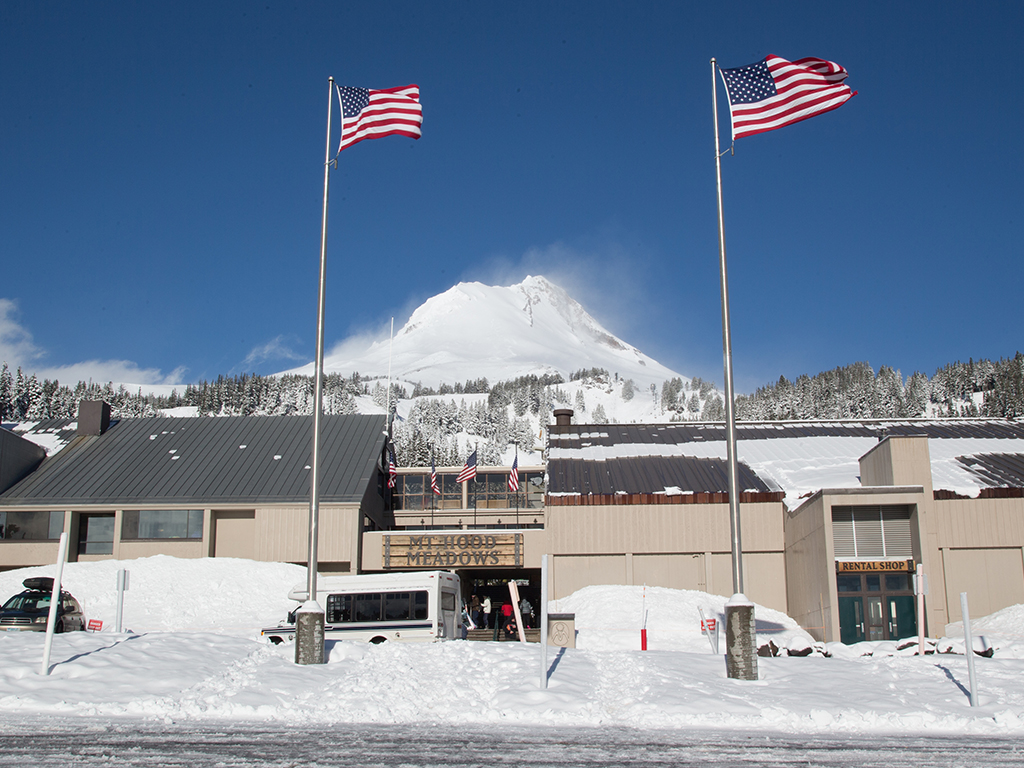
A growing insurance crisis is threatening the future of Oregon’s outdoor recreation industry, with ski resorts sounding the alarm after a major insurer announced it is pulling out of the state. Safehold Special Risk, which has provided coverage for iconic destinations like Mt. Hood Meadows and Timberline Lodge, is ending its business in Oregon, citing the state’s unfavorable legal environment as the reason. The decision has left resorts scrambling and lawmakers facing increasing pressure to act before time runs out in the current legislative session.
The Insurance Exodus and What It Means
Matthew Drake, manager of Mt. Hood Meadows, put it plainly: “We will in short order have no general liability coverage and if we don’t have that, we won’t be able to operate.” Safehold, which insures ski operations in 37 states, said that although Oregon represents a small portion of its portfolio, it accounts for a disproportionate number of high-value claims. 20% of its losses under $1 million and a staggering 50% of losses between $1 million and $10 million come from Oregon.
This imbalance, according to the company, stems from Oregon’s legal stance on liability waivers. Unlike in other western states, Oregon law makes it difficult for recreational businesses to enforce waivers that participants sign before engaging in activities like skiing, snowmobiling, or even swimming. As a result, companies are more exposed to lawsuits, even in cases of “ordinary” negligence.
Timberline lost its general liability insurance on May 30 for the second time in three years, a direct response to what spokesperson John Burton called in an email with The Oregonian “the increasingly unfavorable recreational liability climate in Oregon.” Further south, Mt. Ashland Ski Area’s insurance costs have risen 129% in the past 12 years. There is now only one remaining insurer—MountainGuard—willing to cover ski resorts in the state.
“I guess I’m the only one left in Oregon,” Tim Hendrickson said, senior VP at MountainGuard, in recent testimony.
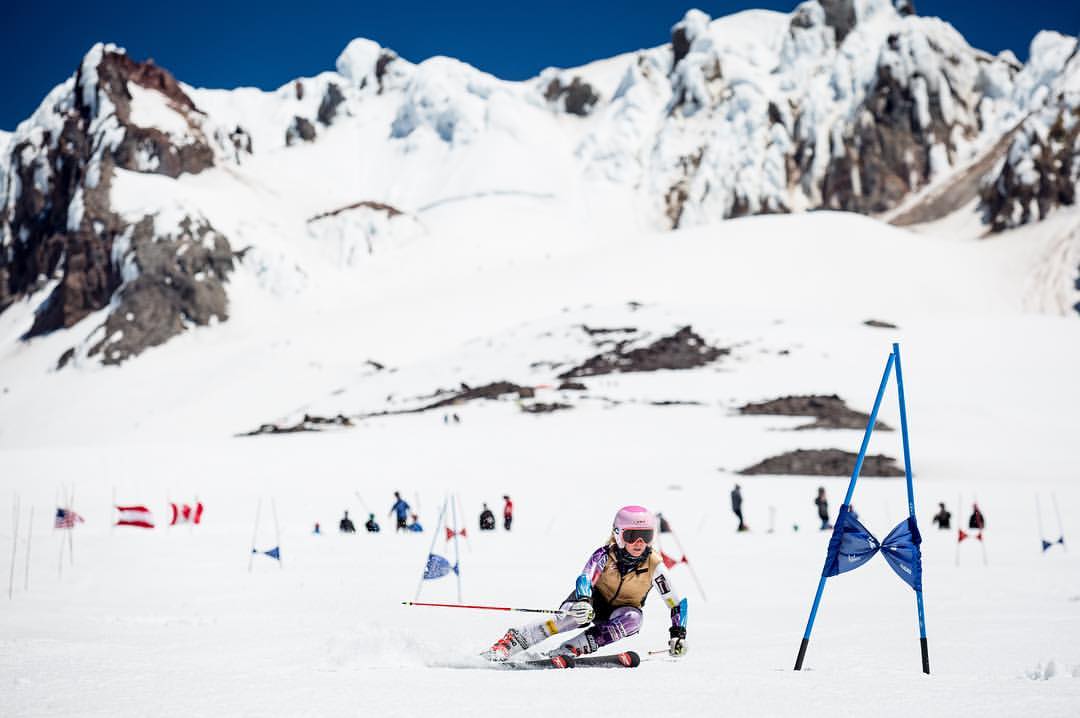
The Legislative Push: Senate Bill 1196
The crisis has fueled support for Senate Bill 1196, which would make liability waivers more enforceable in Oregon. The bill would protect businesses from lawsuits over “ordinary” negligence but still allow legal action in cases of “gross” or reckless behavior. Backers say it’s the only way to stabilize the insurance market and keep recreational businesses afloat.
“Oregon is arguably the worst litigation climate of all 37 ski states,” Dave Byrd of the National Ski Areas Association said in his testimony. “It’s because of the lack of ability to enforce waivers of liabilities.”
The bill passed out of committee on a narrow 3-2 vote, but with the legislative session ending June 29, time is running out. Proponents argue that without change, historic ski areas could be priced out of existence or shut down altogether.
“This isn’t a hypothetical threat,” Kimberley McGair of law firm Farleigh Wada Witt said in her testimony. “We are clearly at serious risk of iconic, family-owned ski areas like Timberline and Mt. Hood Meadows not being able to operate — or having to charge ticket prices that only the wealthy can afford.”
Opponents of Senate Bill 1196 argue that the proposed changes would significantly weaken Oregonians’ ability to seek justice after being injured in recreational settings. An attorney also testified that the bill’s shift to a “gross negligence” standard would make it nearly impossible for most victims to bring successful lawsuits, even in cases of serious harm due to carelessness.
Lawmakers remain divided on the best course of action. Sen. Floyd Prozanski opposes the bill but recognizes the insurance crisis facing recreation businesses, suggesting an insurance pool as a possible alternative. Sen. Mark Meek, who supports moving the bill forward, emphasized the need for swift solutions. Meanwhile, Sen. Kathleen Taylor, though voting against SB 1196, agreed that the problem is urgent and deserves a viable fix. The debate is ongoing, with both sides acknowledging that the state’s approach to recreational liability must be addressed.
Whether lawmakers can find consensus before the session ends remains uncertain. What is clear is that Oregon’s outdoor recreation businesses are in a precarious position. Without a solution, the cost of doing business could drive them off the map.
